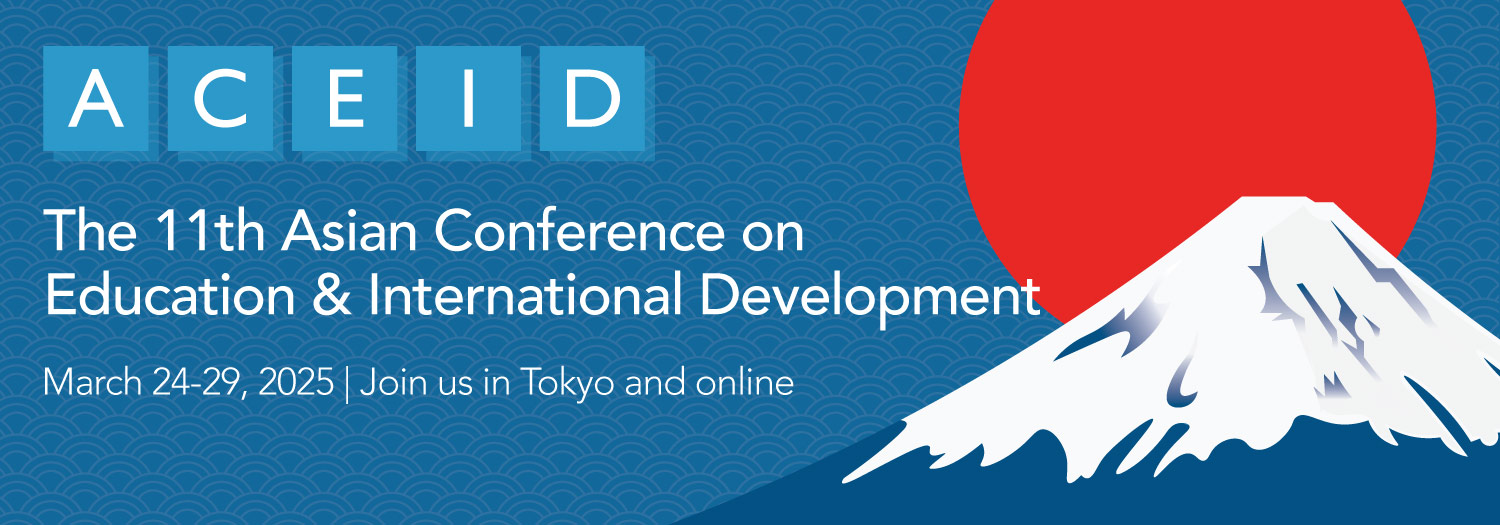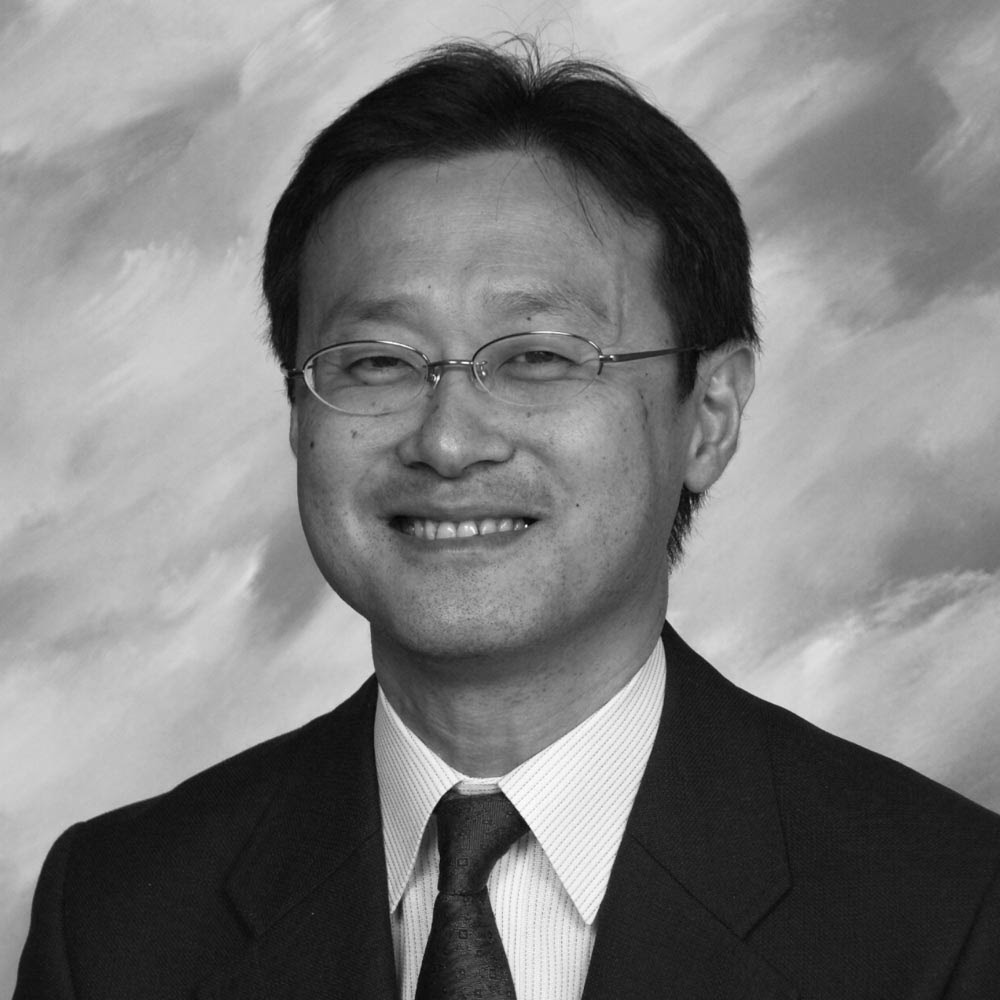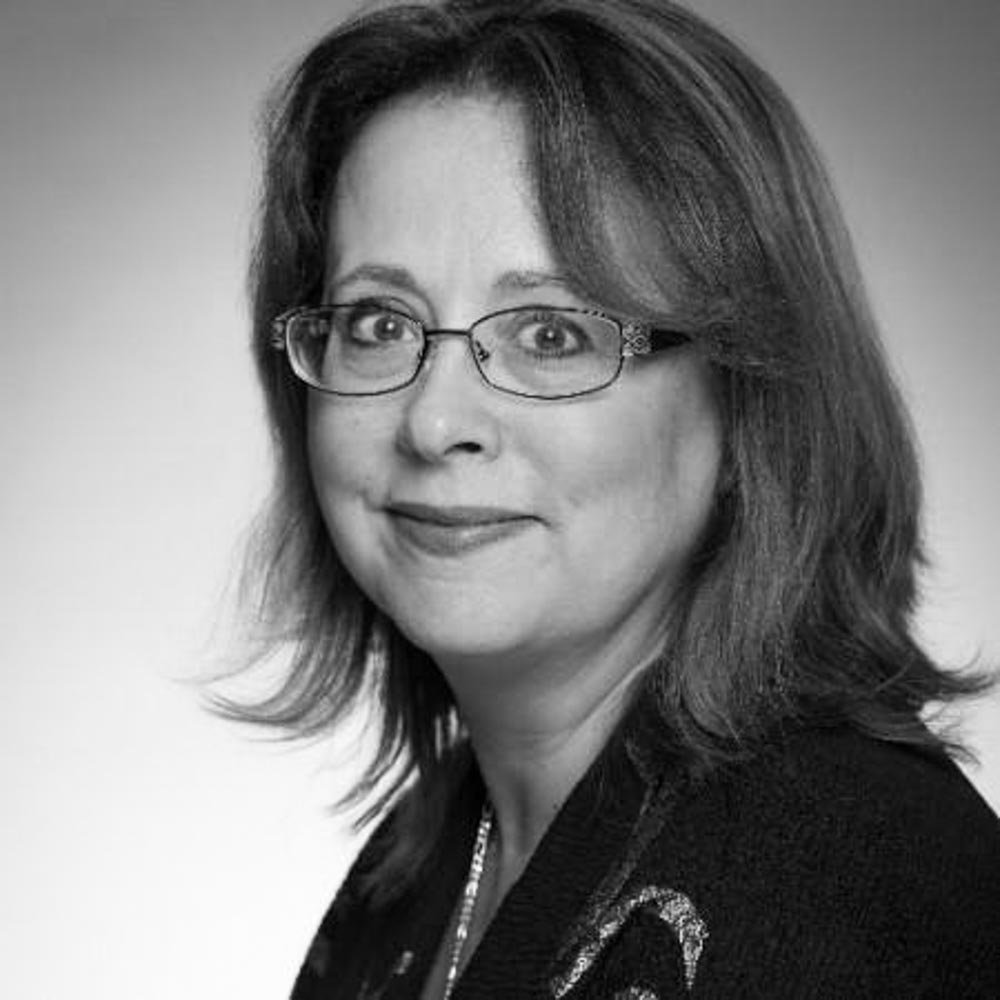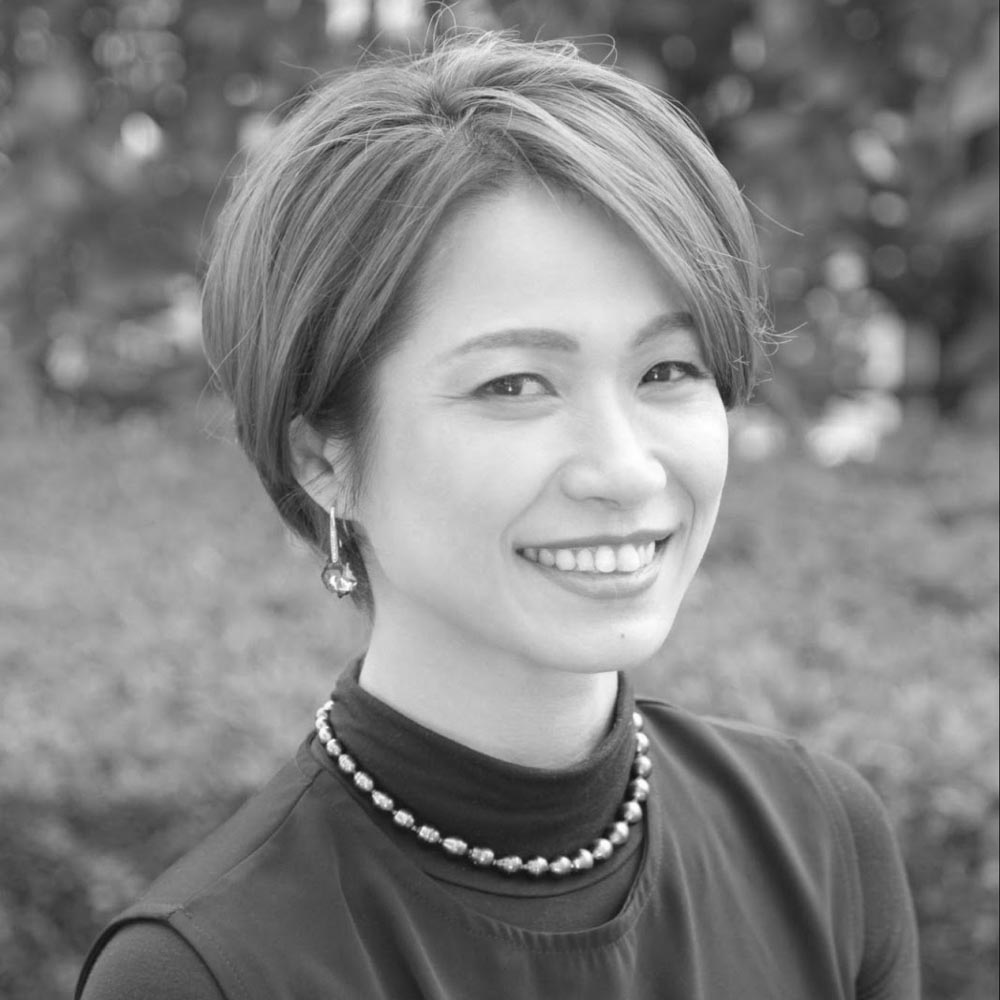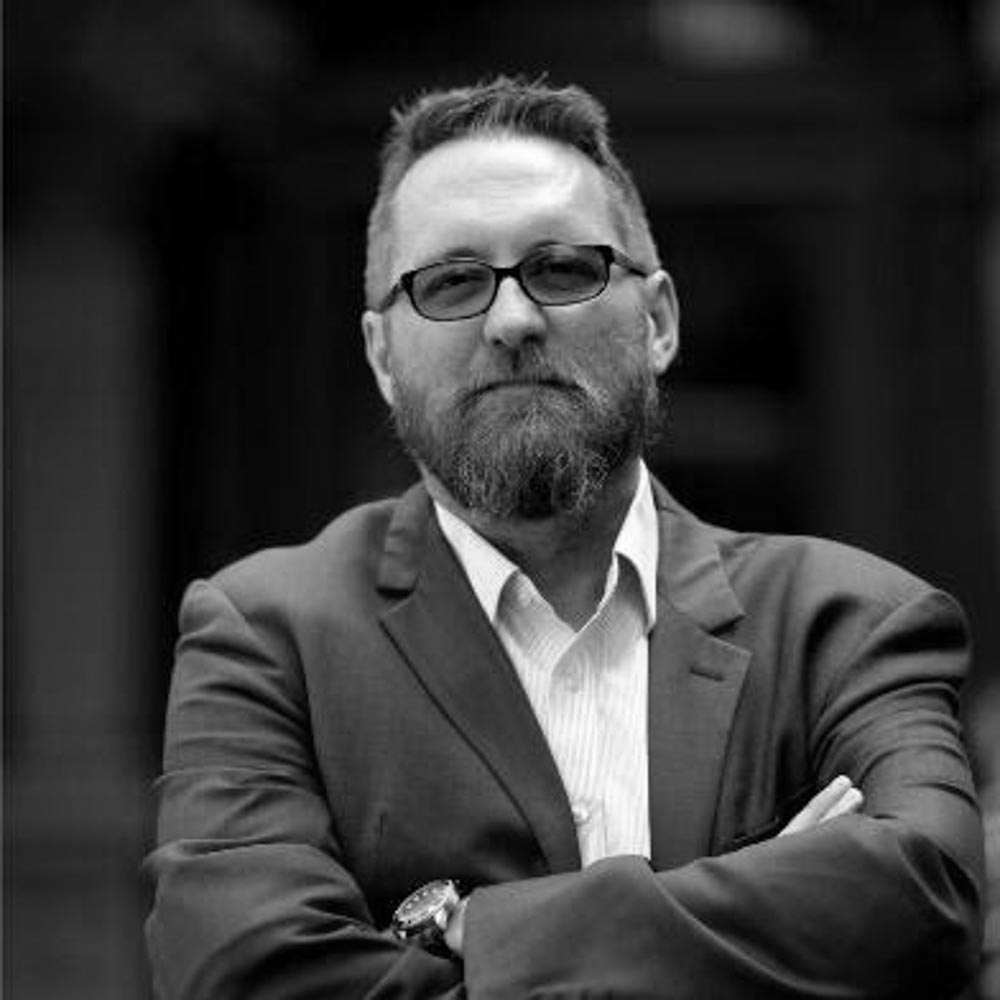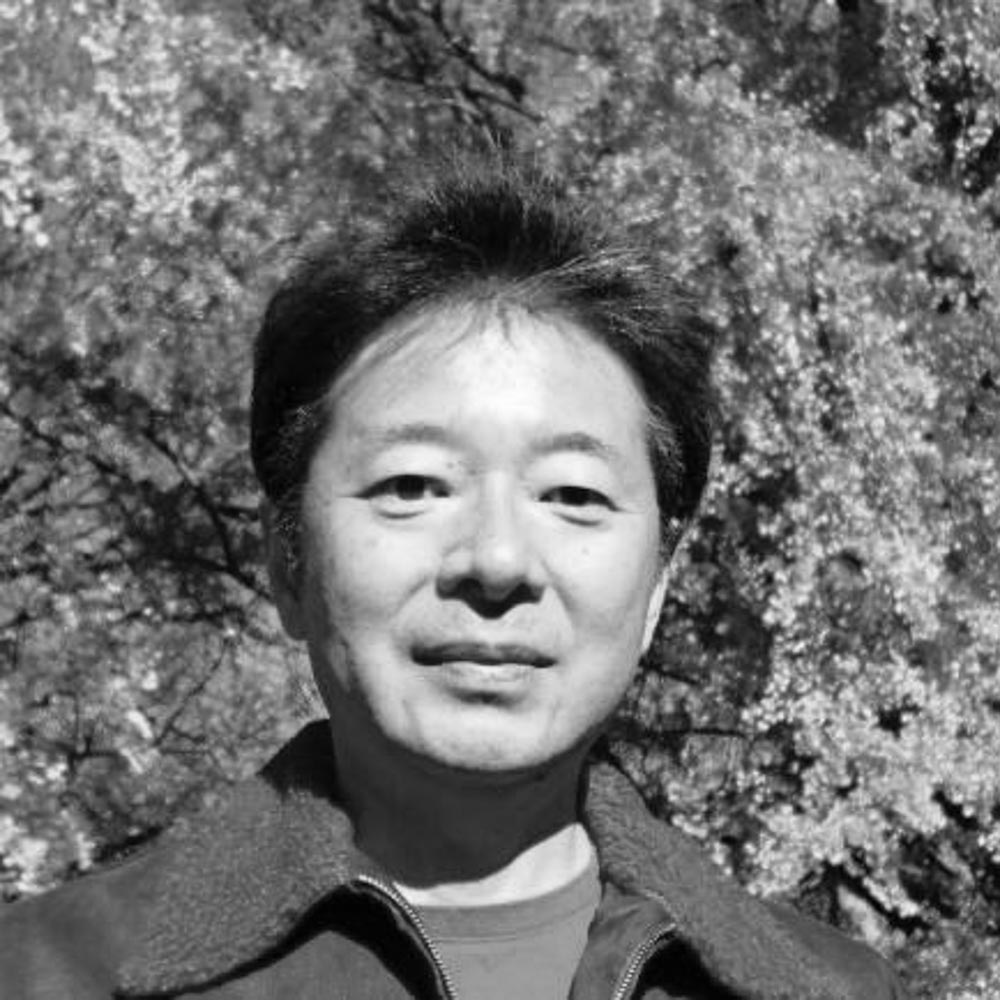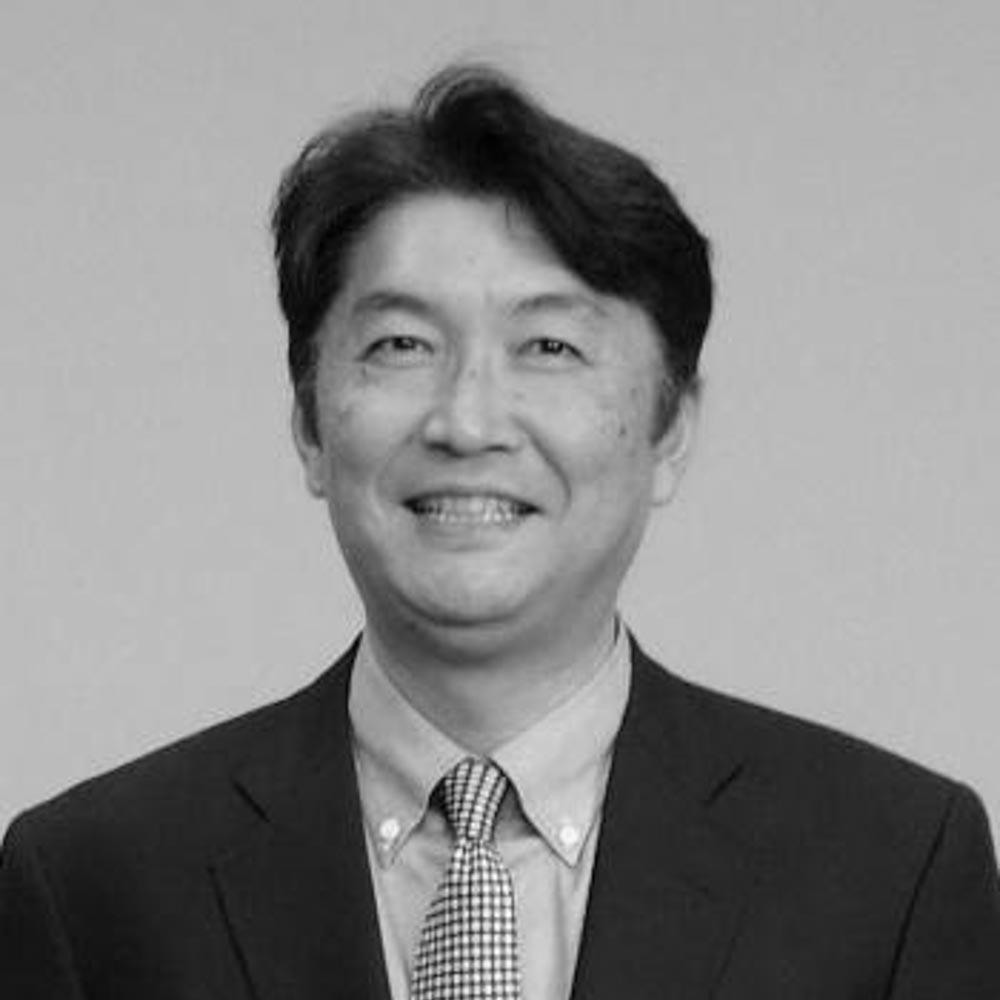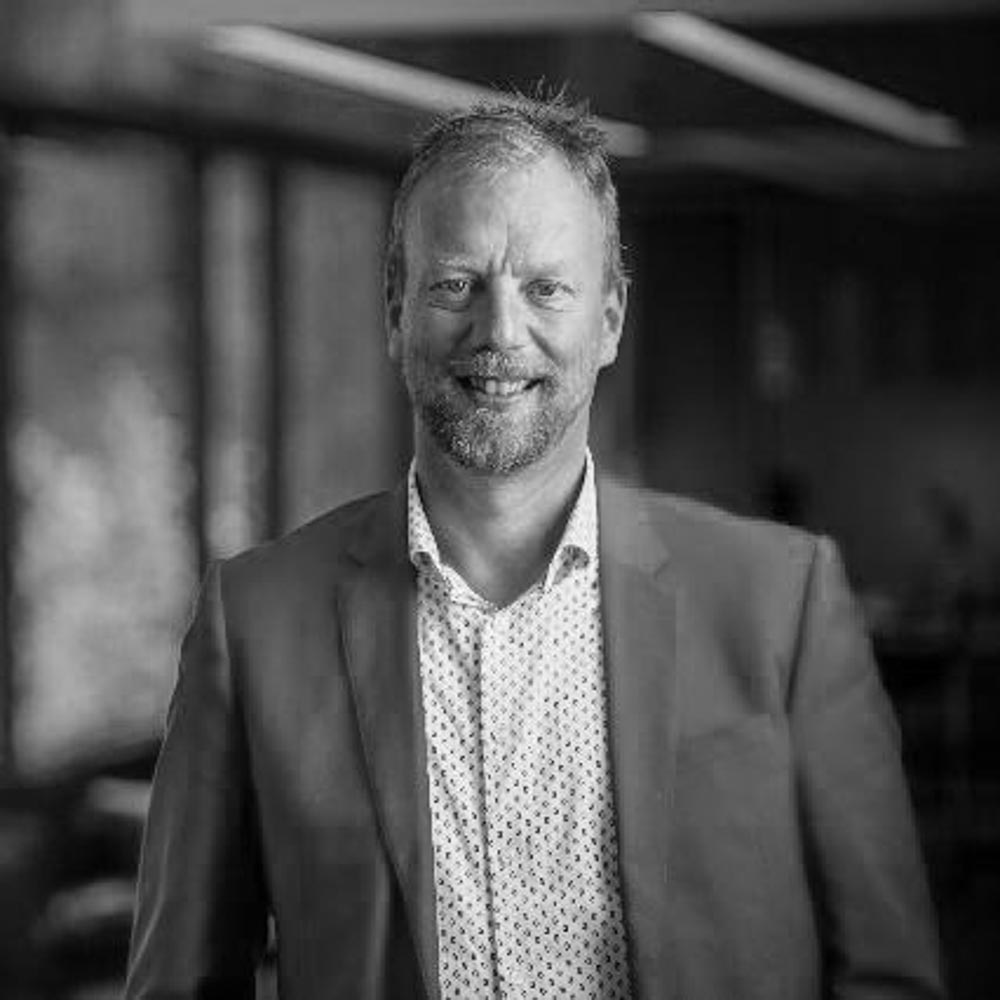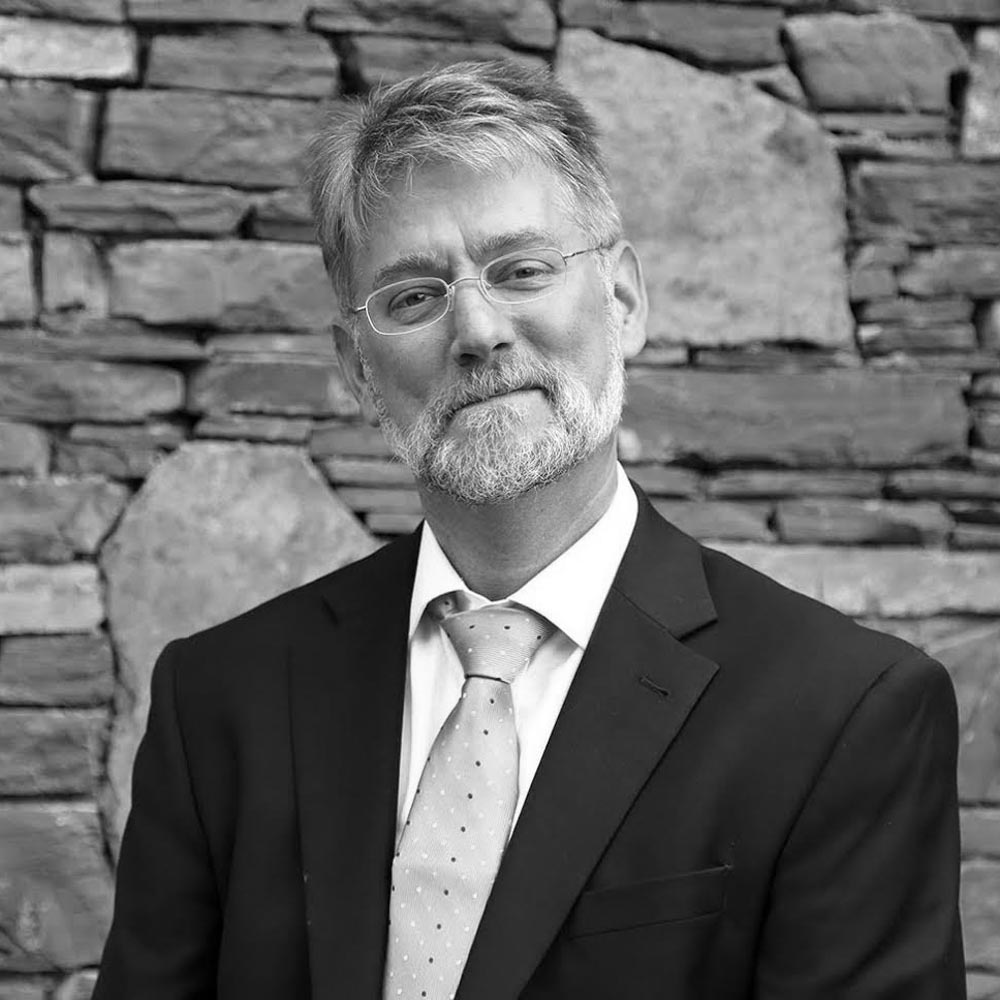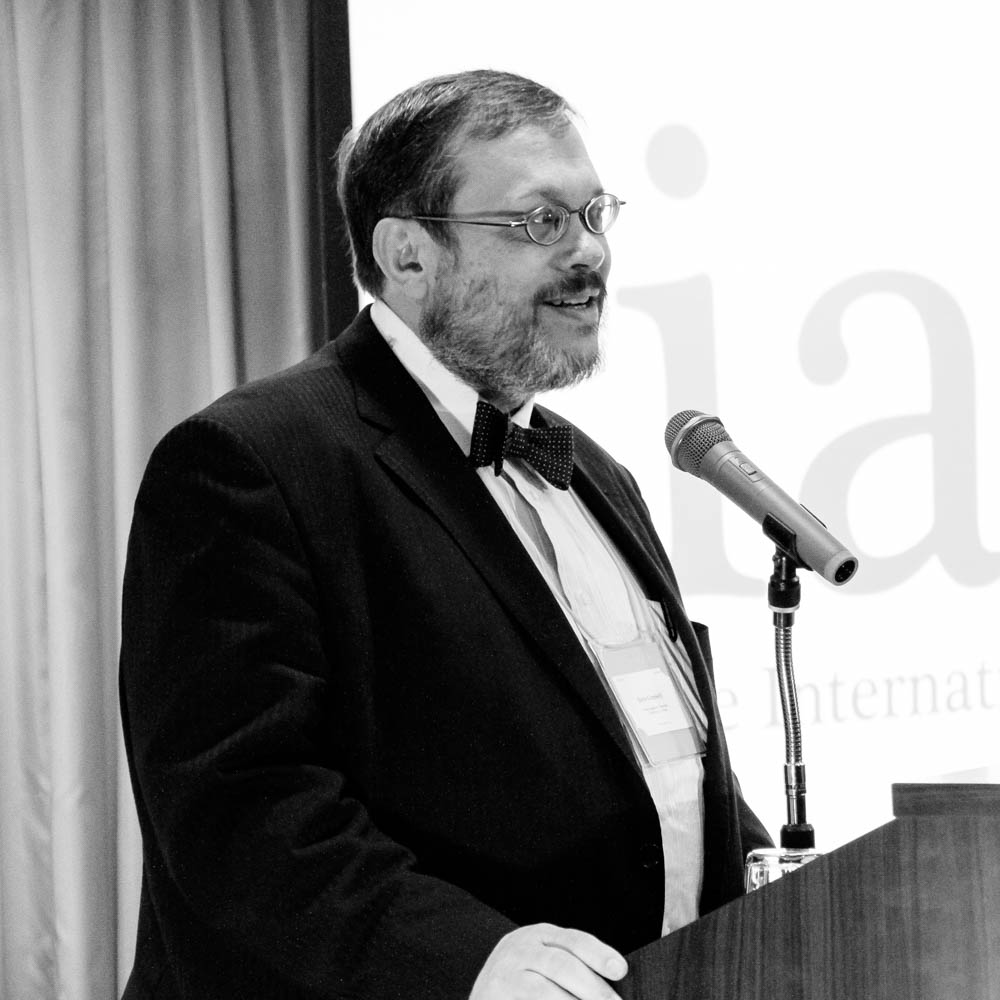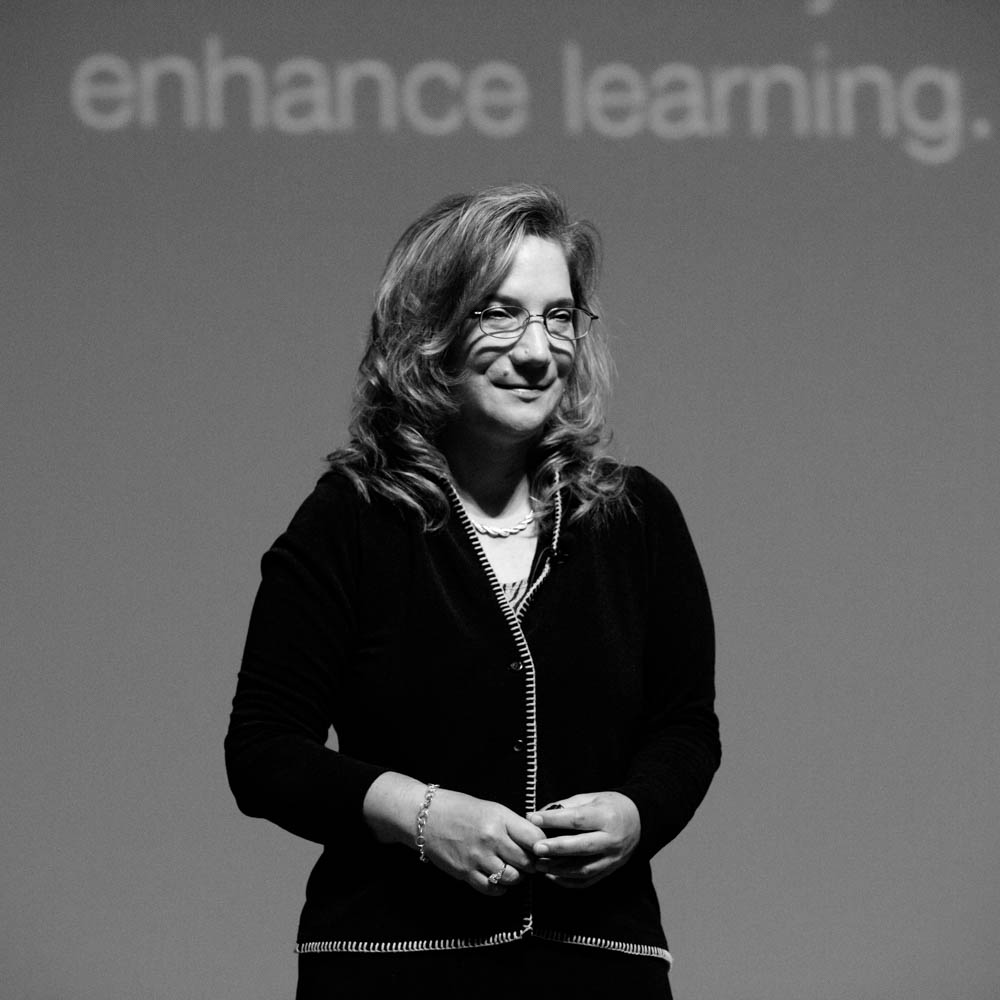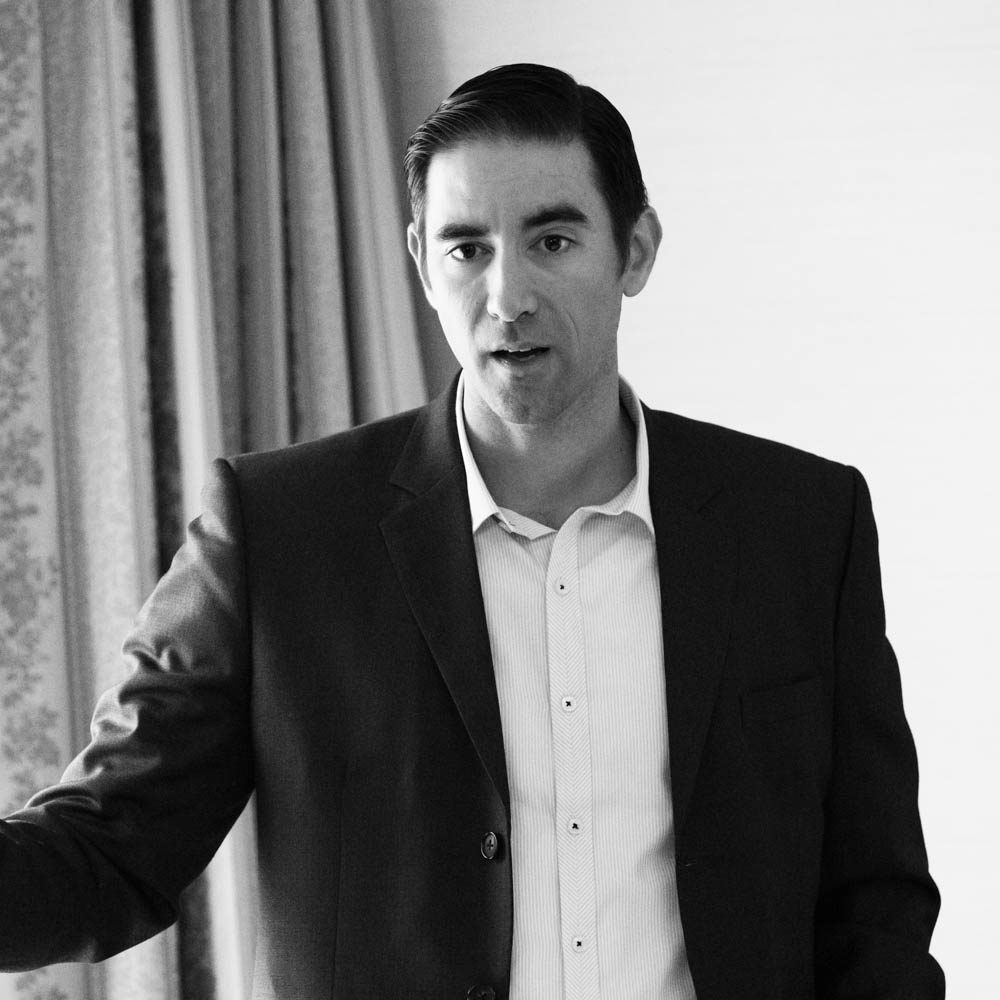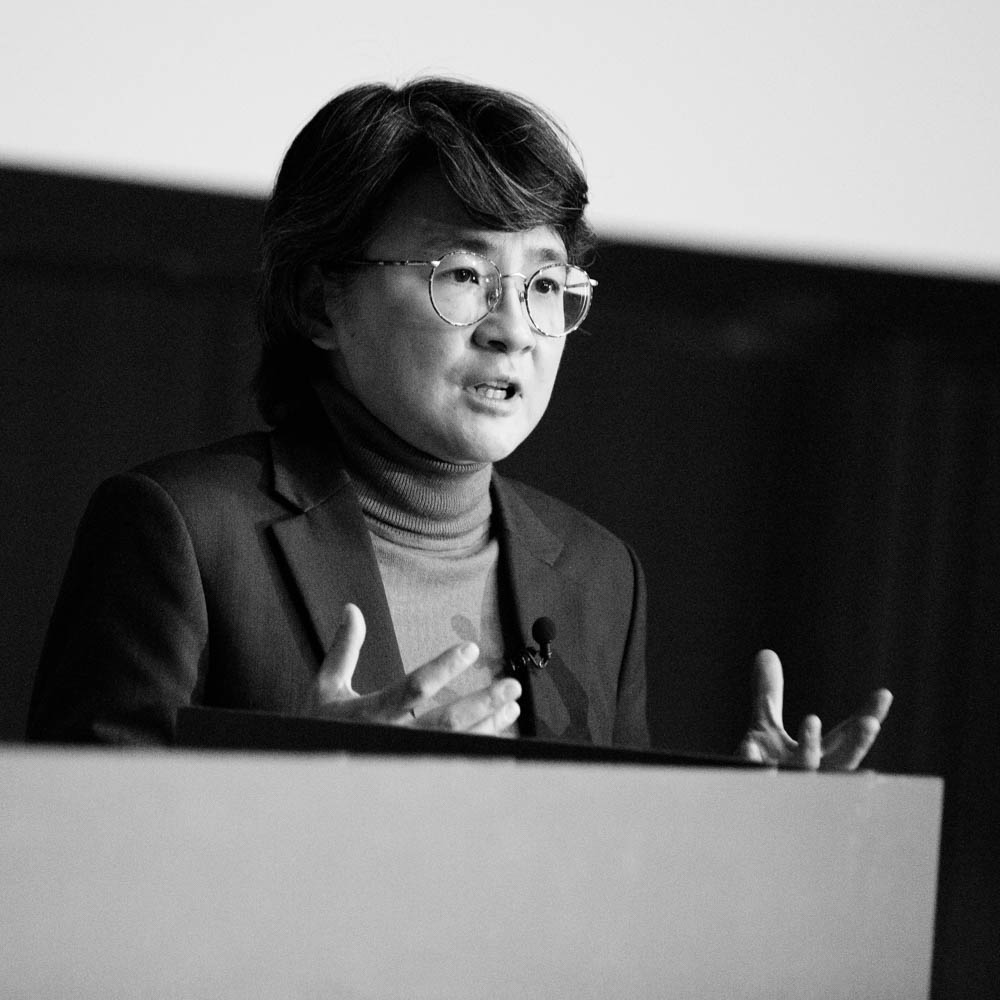ACEID2021
March 22-24, 2021 | Held online from Japan
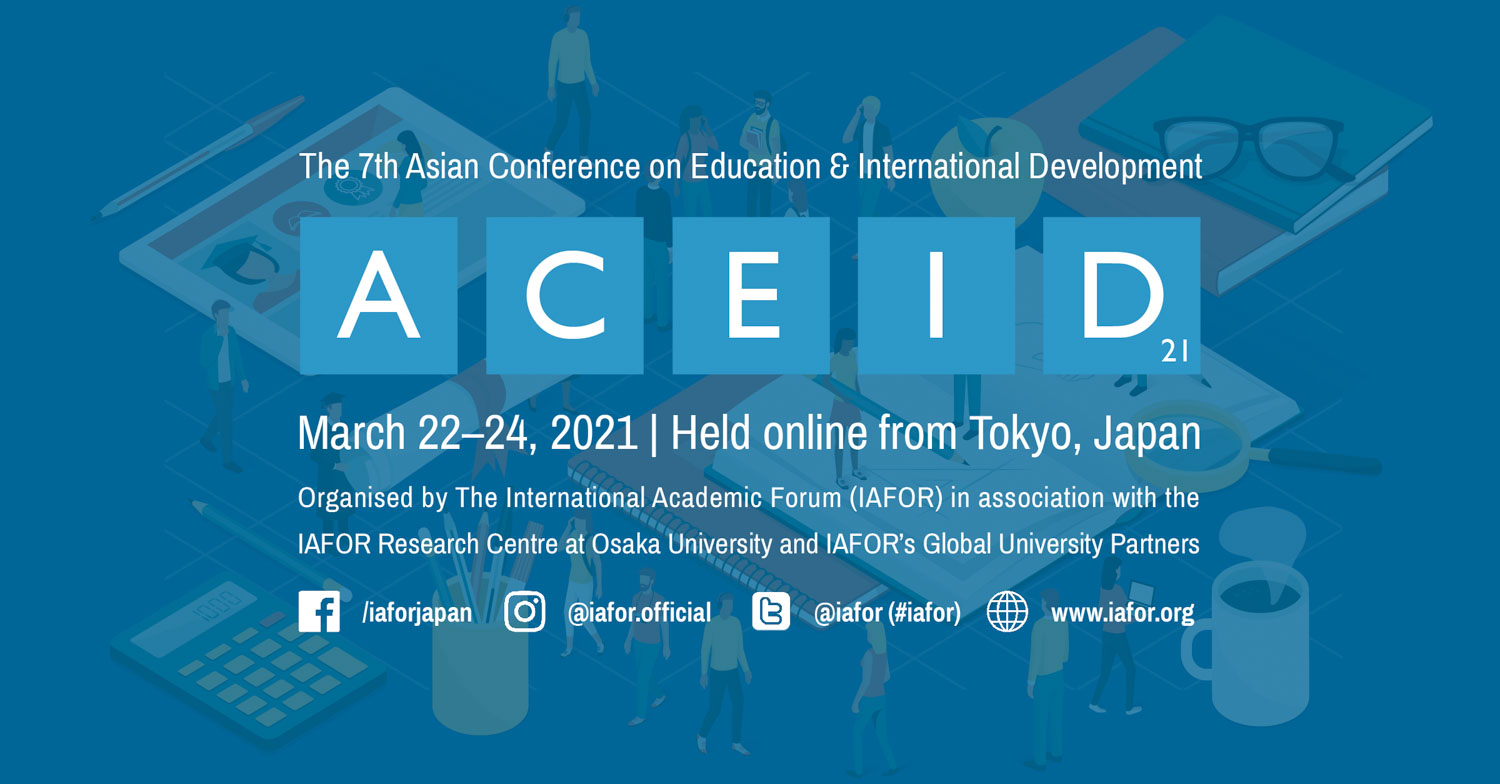

The 7th Asian Conference on Education & International Development (ACEID2021) was held in partnership with the IAFOR Research Centre at the Osaka School of International Public Policy (OSIPP) at Osaka University, Japan.
Speakers
-
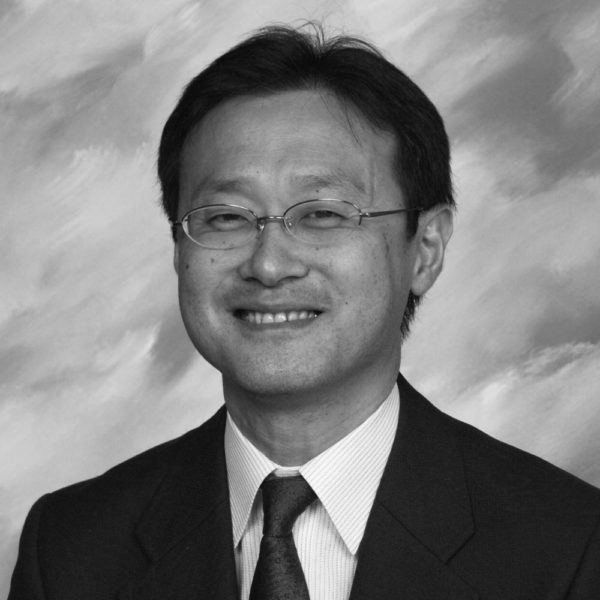 Shingo AshizawaToyo University, Japan
Shingo AshizawaToyo University, Japan -
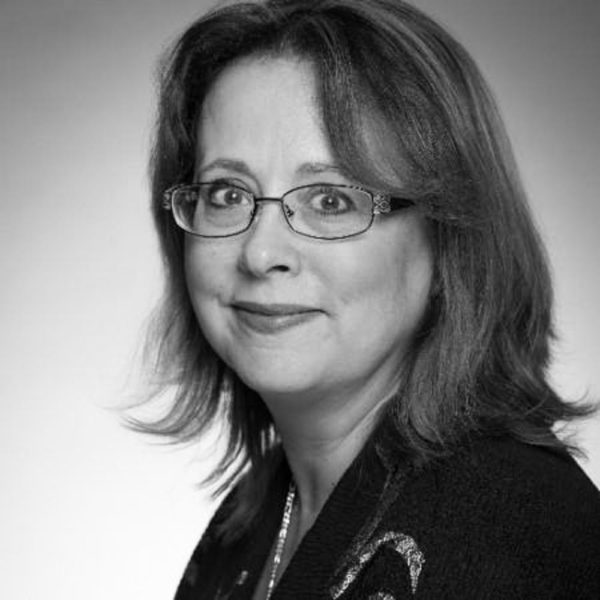 Joanne DuklasAssociation of Registrars of the Universities and Colleges of Canada (ARUCC), Canada
Joanne DuklasAssociation of Registrars of the Universities and Colleges of Canada (ARUCC), Canada -
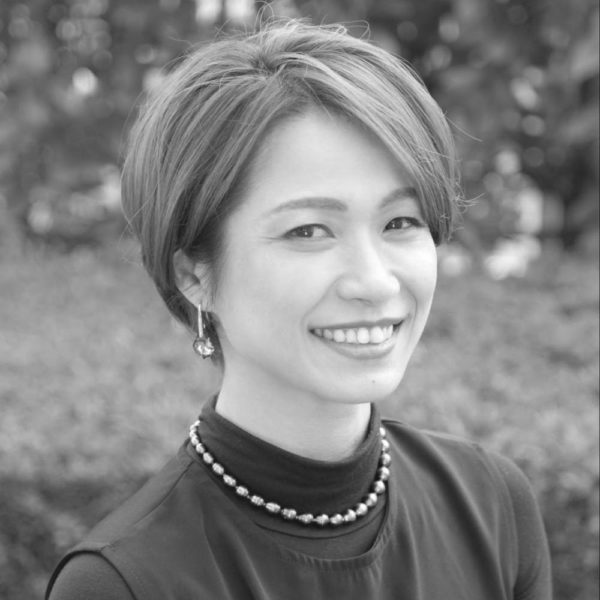 Keiko IkedaKansai University, Japan
Keiko IkedaKansai University, Japan -
 Anthony ManahanUniversity of Melbourne, Australia
Anthony ManahanUniversity of Melbourne, Australia -
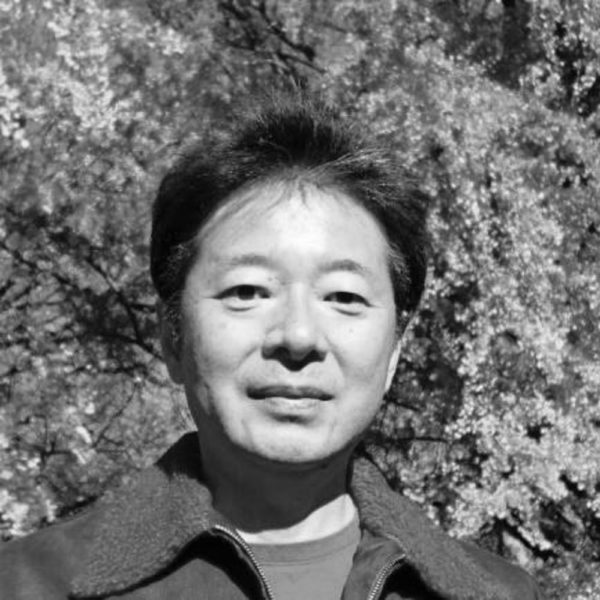 Koichi NakasakiThe Institute of Future Engineering, Japan
Koichi NakasakiThe Institute of Future Engineering, Japan -
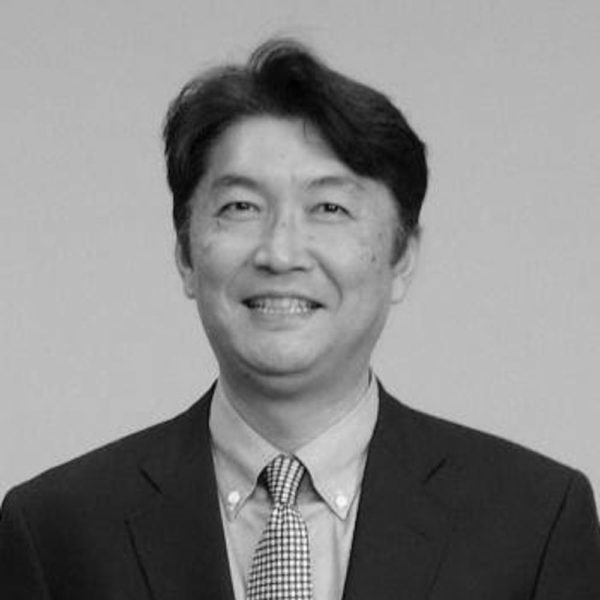 Hiroshi OtaHitotsubashi University, Japan
Hiroshi OtaHitotsubashi University, Japan -
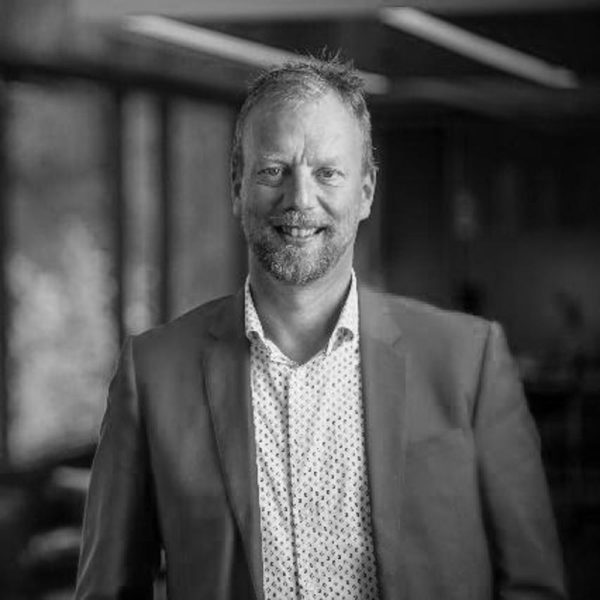 Jay SegethMy eQuals, Australia
Jay SegethMy eQuals, Australia -
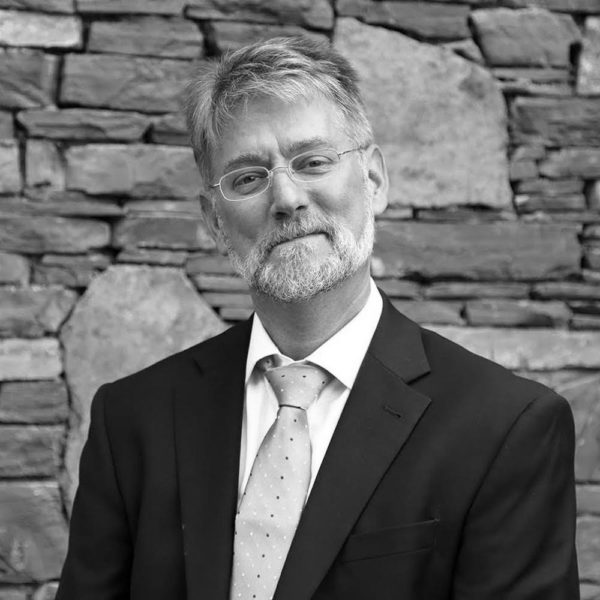 Craig N. ShealyWestern Washington University, United States
Craig N. ShealyWestern Washington University, United States
Programme
-
 Transformation of Global Education Under COVID-19: A New Wave of Collaborative Online International Learning (COIL)Panel Presentation: Shingo Ashizawa (Moderator), Craig N. Shealy & Keiko Ikeda
Transformation of Global Education Under COVID-19: A New Wave of Collaborative Online International Learning (COIL)Panel Presentation: Shingo Ashizawa (Moderator), Craig N. Shealy & Keiko Ikeda -
 Digital Transformation for Student Data Portability Through Internet of Education (IoE)Panel Presentation: Anthony Manahan, Joanne Duklas, Koichi Nakasaki, Jay Segeth & Hiroshi Ota (Moderator)
Digital Transformation for Student Data Portability Through Internet of Education (IoE)Panel Presentation: Anthony Manahan, Joanne Duklas, Koichi Nakasaki, Jay Segeth & Hiroshi Ota (Moderator)
Organising Committee
-
 Shingo AshizawaToyo University, Japan
Shingo AshizawaToyo University, Japan -
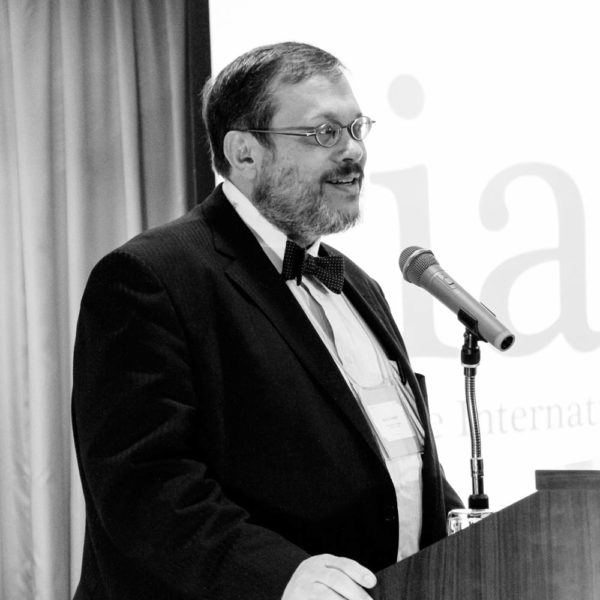 Steve CornwellThe International Academic Forum (IAFOR) & Osaka Jogakuin University, Japan
Steve CornwellThe International Academic Forum (IAFOR) & Osaka Jogakuin University, Japan -
 Joseph HaldaneThe International Academic Forum (IAFOR), Japan
Joseph HaldaneThe International Academic Forum (IAFOR), Japan -
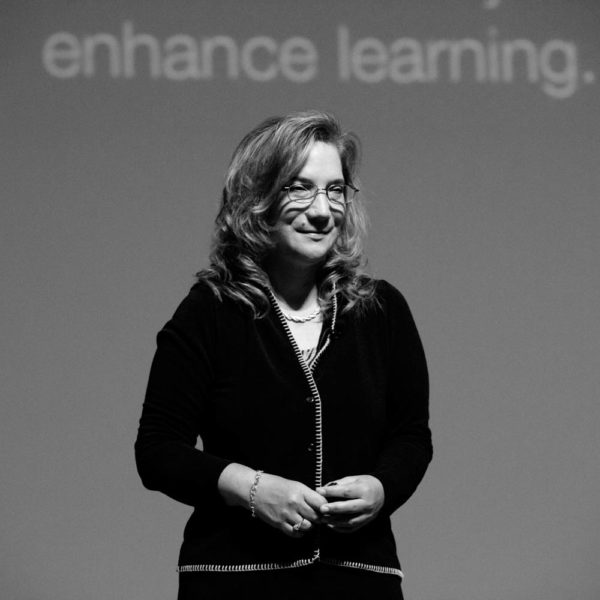 Barbara LockeeVirginia Tech., USA
Barbara LockeeVirginia Tech., USA -
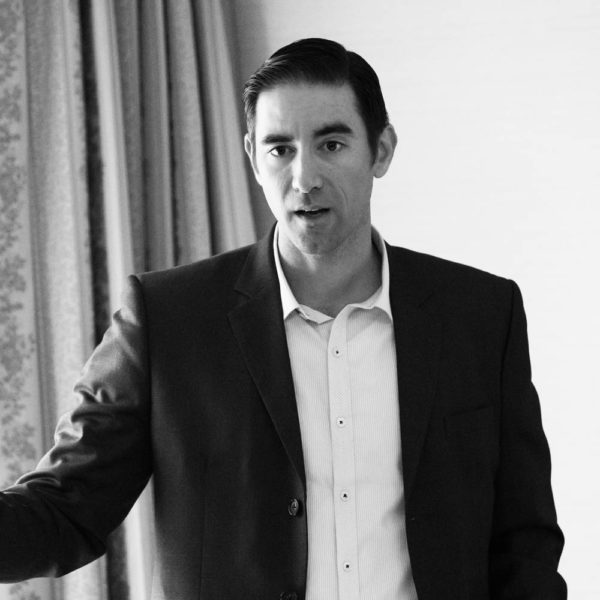 Justin SandersTemple University, Japan Campus
Justin SandersTemple University, Japan Campus -
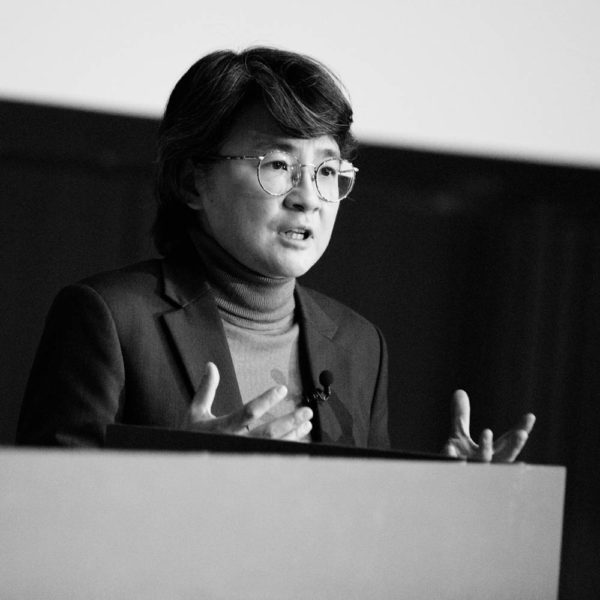 Haruko SatohOsaka University, Japan
Haruko SatohOsaka University, Japan
2021 Review Committee
- Dr Regina Almonte, City College of Calamba, Philippines
- Dr Maia Chiabrishvili, American University of The Middle East, Kuwait
- Professor Lin-Lee Lee, National Kaohsiung Normal University, Taiwan
- Dr Ho Keat Leng, Nanyang Technological University, Singapore
- Dr Maria Charlene Melegrito, Polytechnic University of The Philippines, Philippines
- Dr Edna Nabua, Mindanao State University-Iligan Institute of Technology, Philippines
- Dr Cynthia Northington Purdie, William Paterson University, United States
- Dr Kristin Palmer, University of Virginia, United States
- Dr Lorena Taglucop, University of Science and Technology of Southern Philippines, Philippines
- Dr Jennifer Poh Sim Tan, Help University, Malaysia
IAFOR Grant & Scholarship Recipients
Our warmest congratulations go to Veronica Llanes and Jasmine P. Sibayan, who have been selected by the conference Organising Committee to receive grants and scholarships to present their research at ACEID2021.
IAFOR's grants and scholarships programme provides financial support to PhD students and early career academics, with the aim of helping them pursue research excellence and achieve their academic goals through interdisciplinary study and interaction. Awards are based on the appropriateness of the educational opportunity in relation to the applicant's field of study, financial need, and contributions to their community and to IAFOR's mission of interdisciplinarity. Scholarships are awarded based on availability of funds from IAFOR and vary with each conference.
Click here to learn out more about IAFOR grants and scholarships.
IAFOR Research Centre (IRC) – “Innovation and Value Initiative”
The IAFOR Research Centre (IRC) is housed within Osaka University’s School of International Public Policy (OSIPP), and in June 2018 the IRC began an ambitious new “Innovation and Value Initiative”. Officially launched at the United Nations in a special UN-IAFOR Collaborative Session, the initiative seeks to bring together the best in interdisciplinary research around the concept of value, on how value can be recognised, and measured, and how this can help us address issues and solve problems, from the local to the global.
